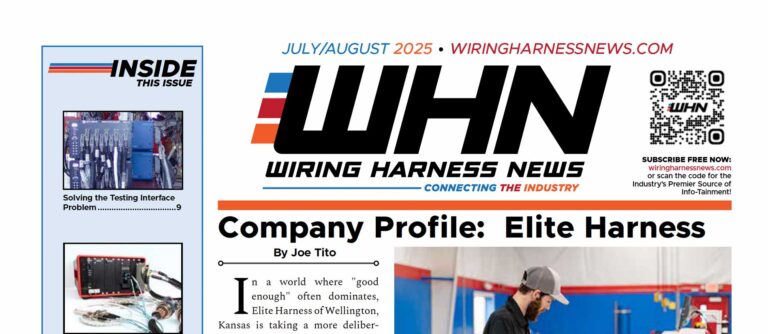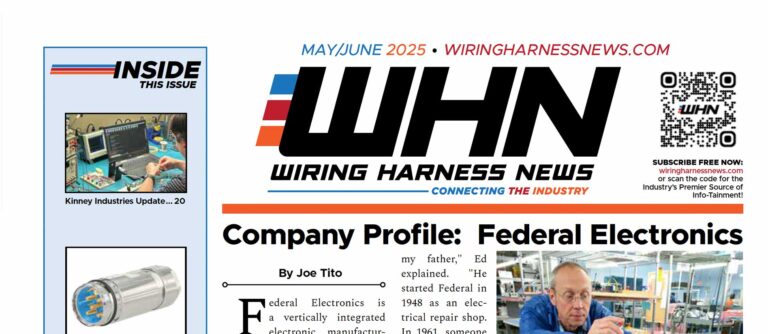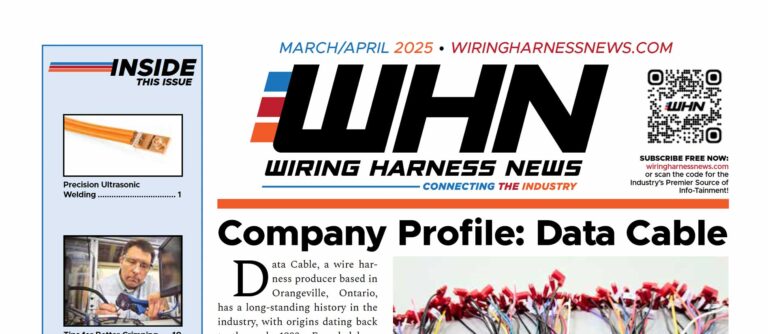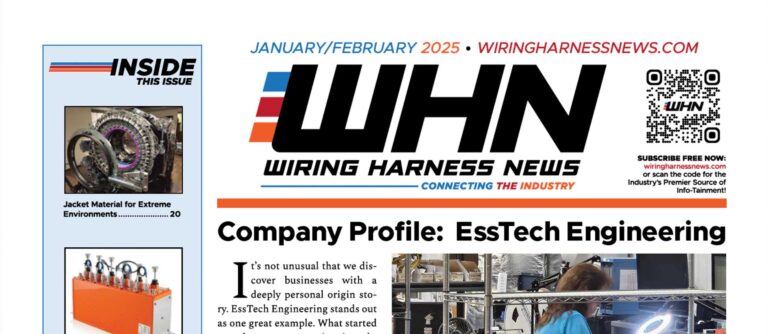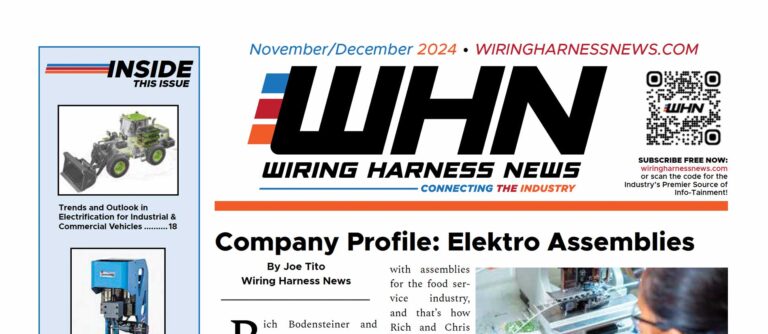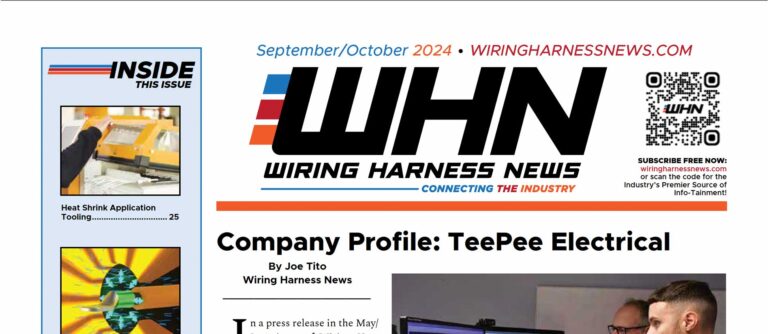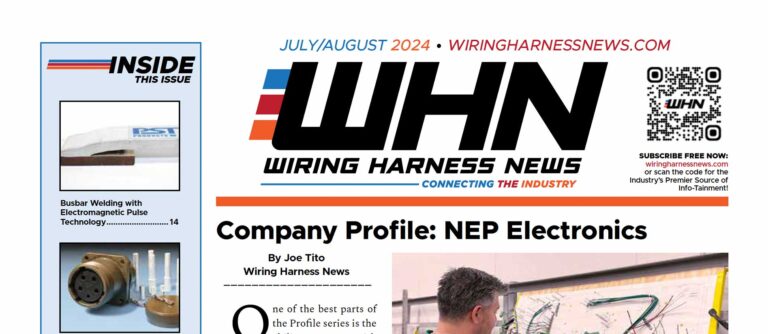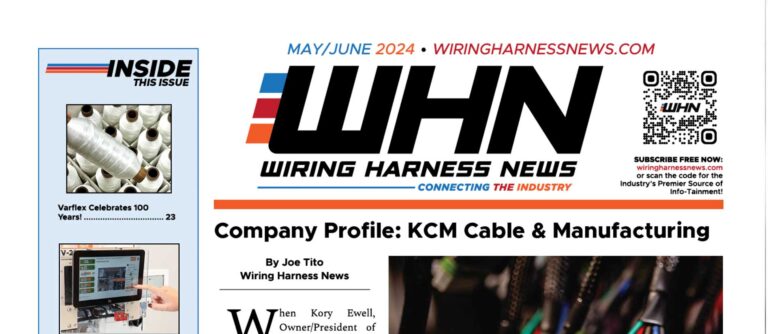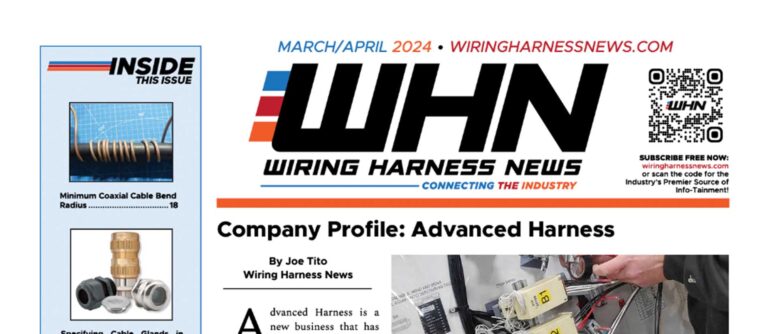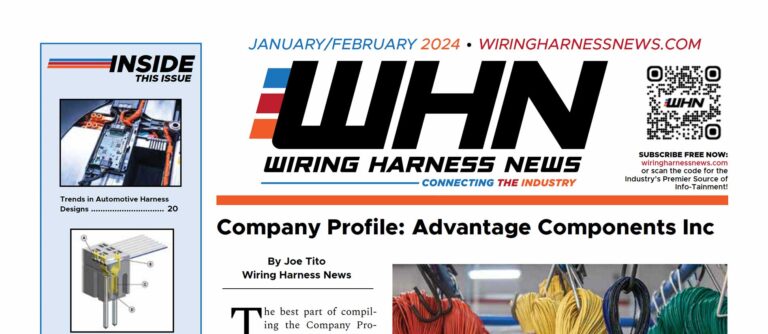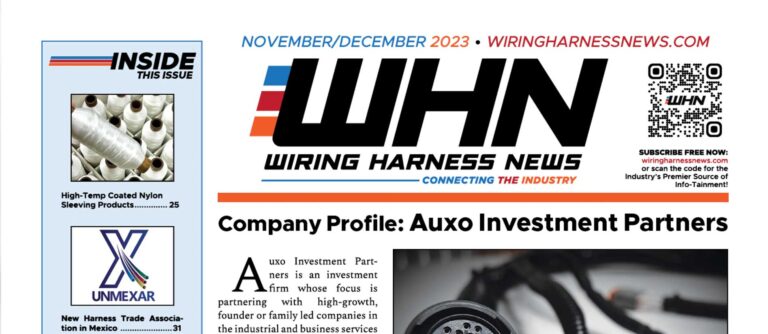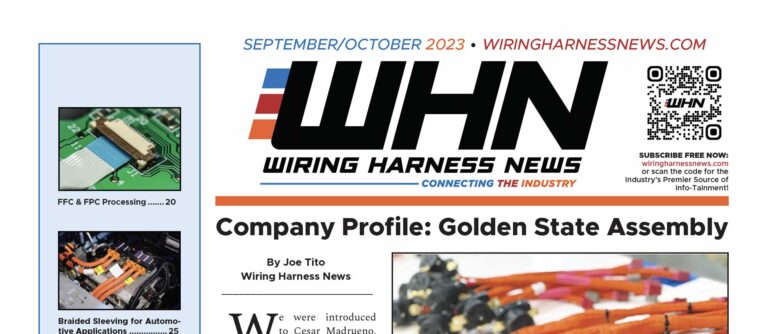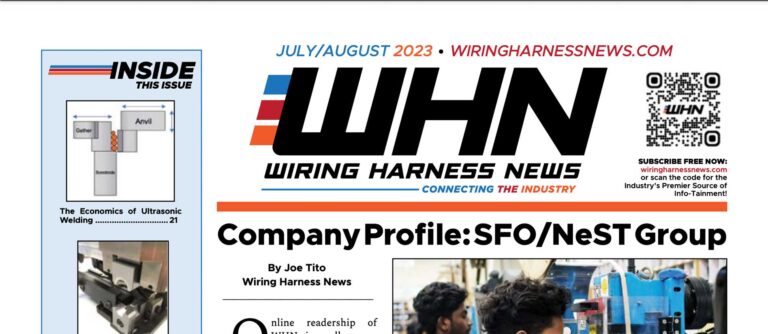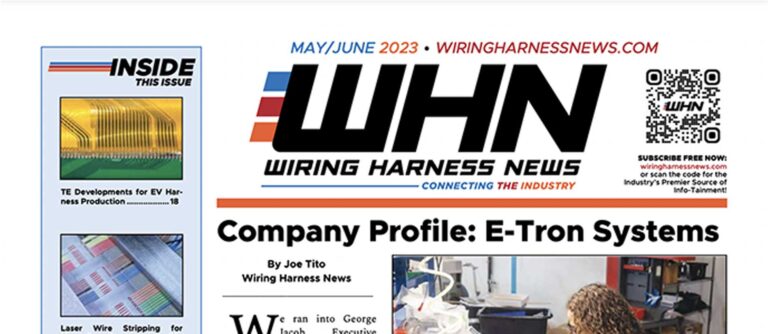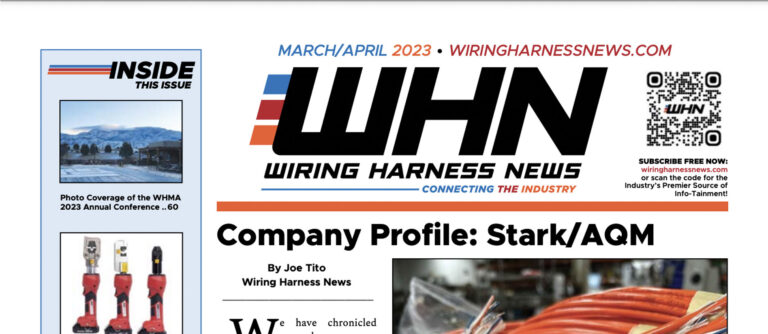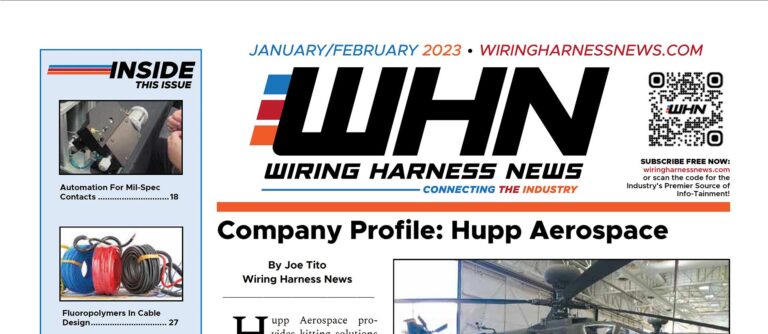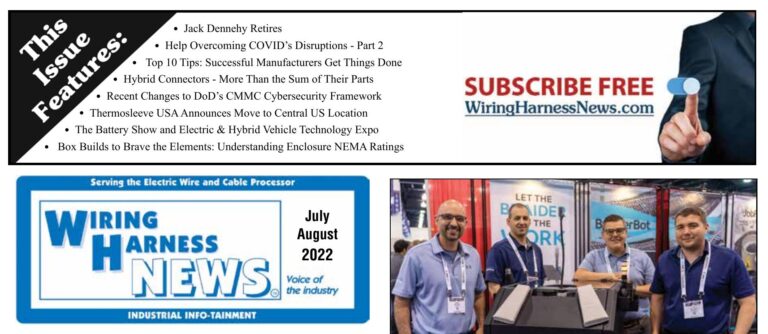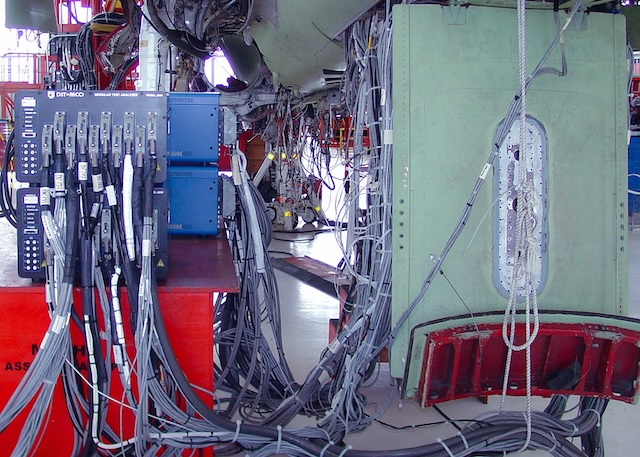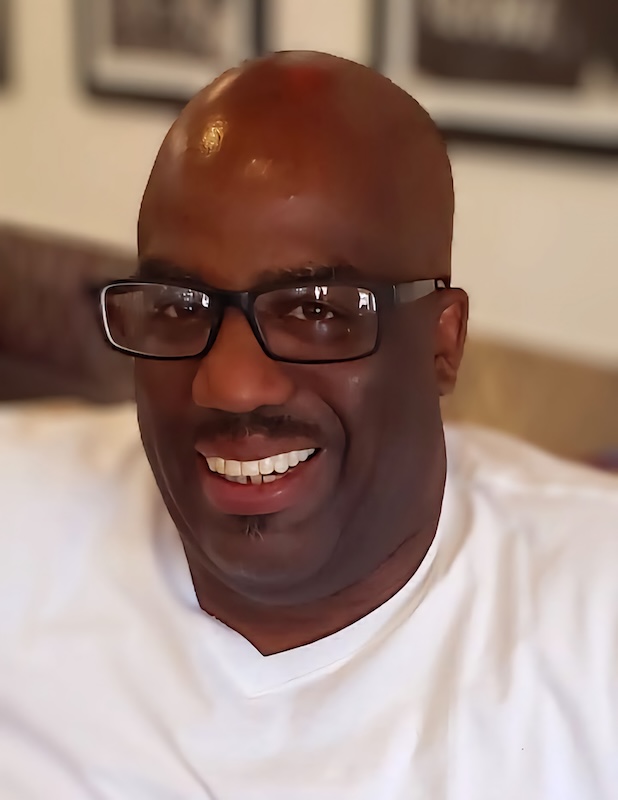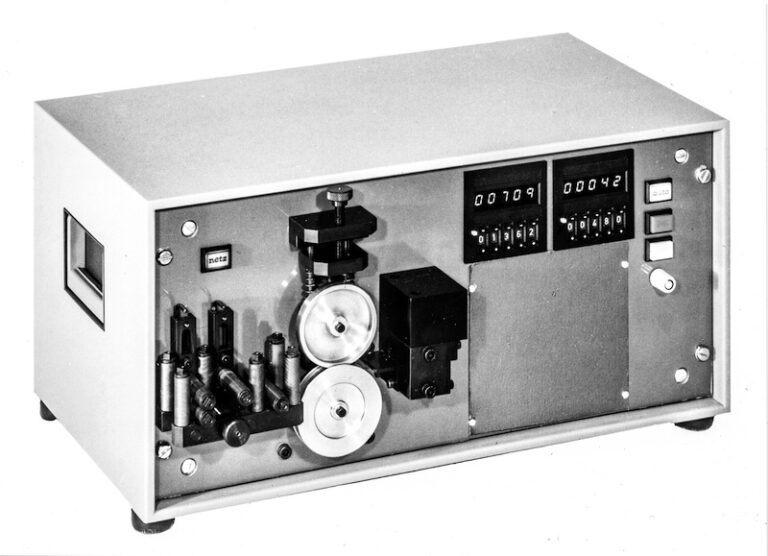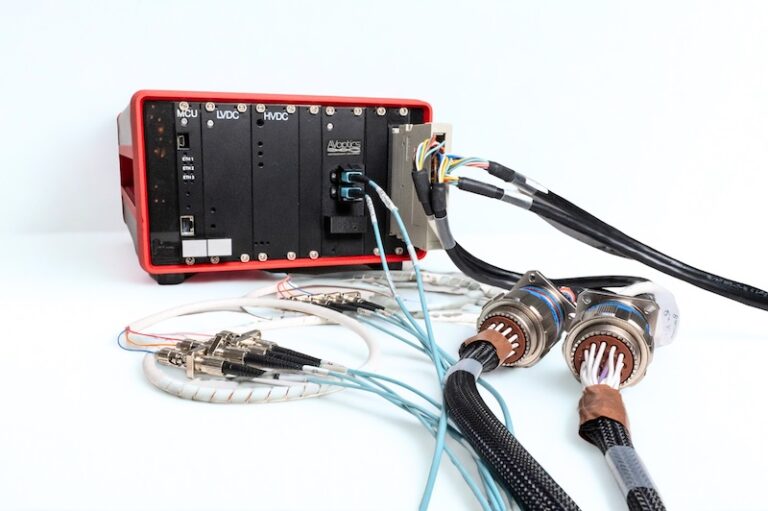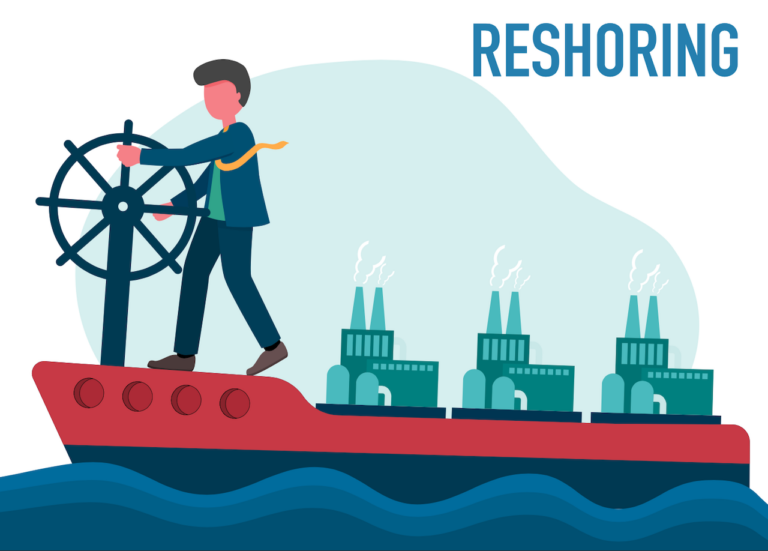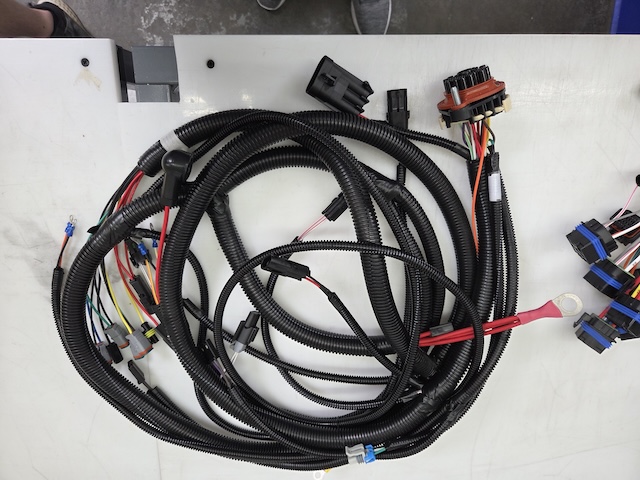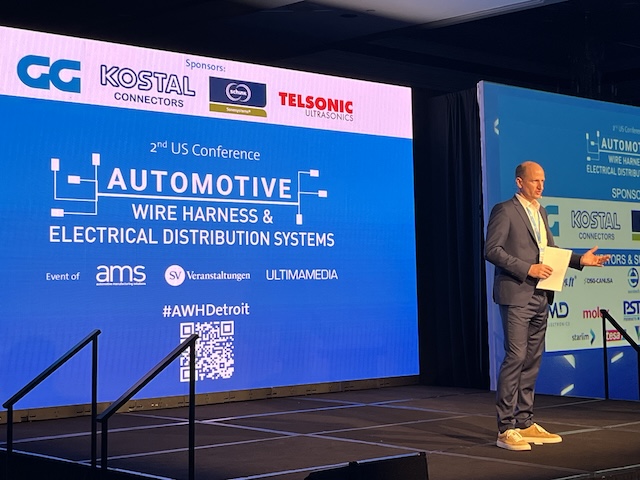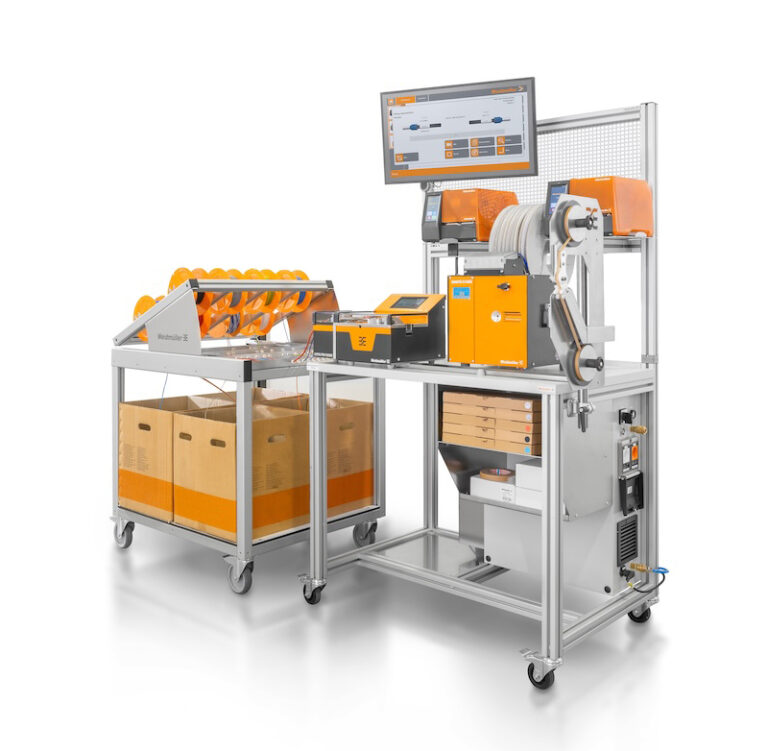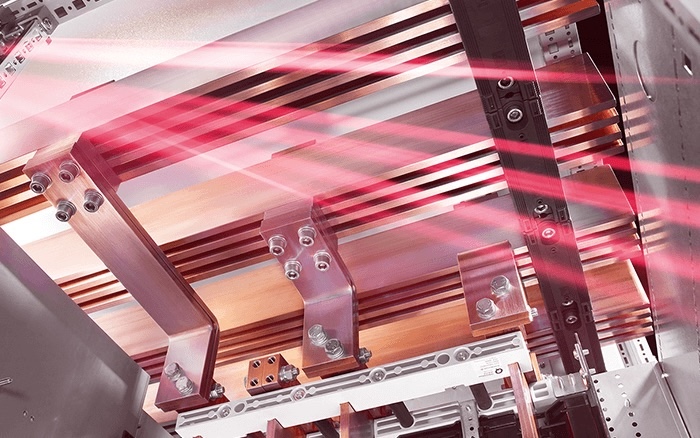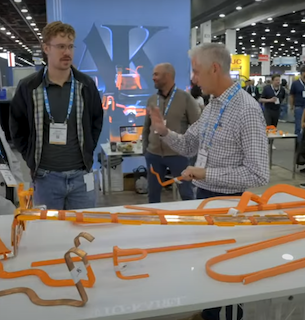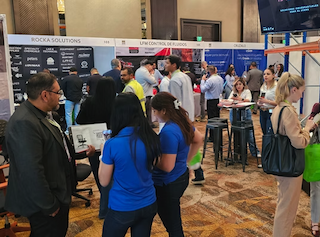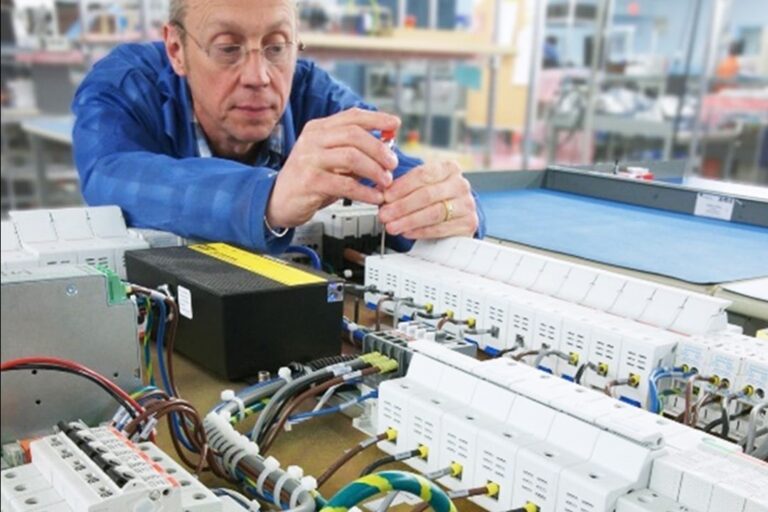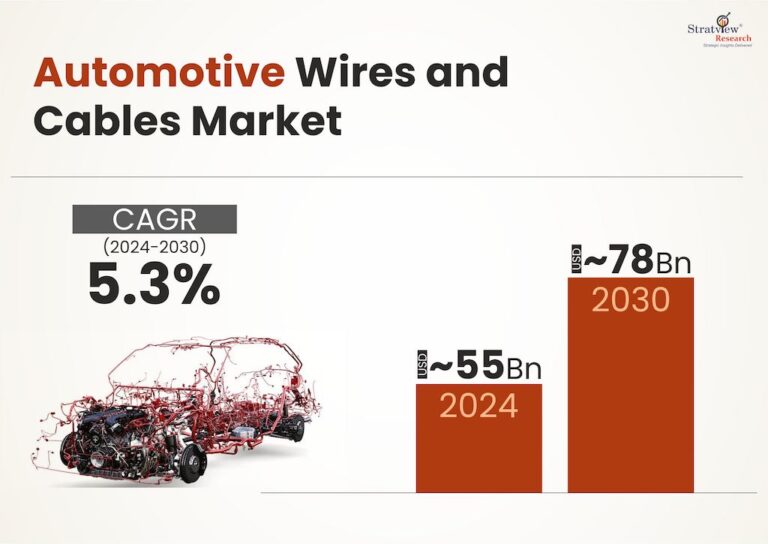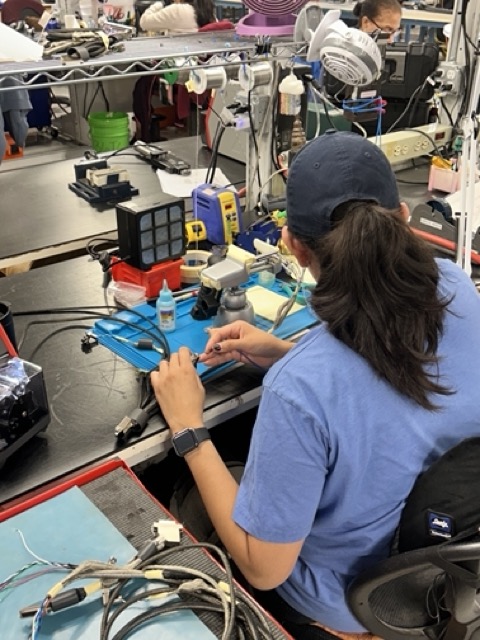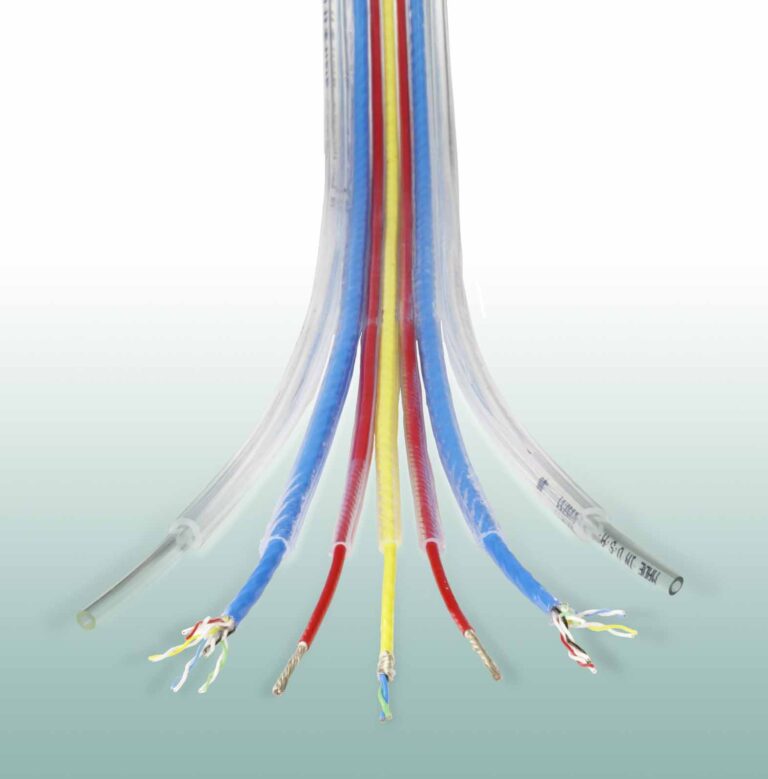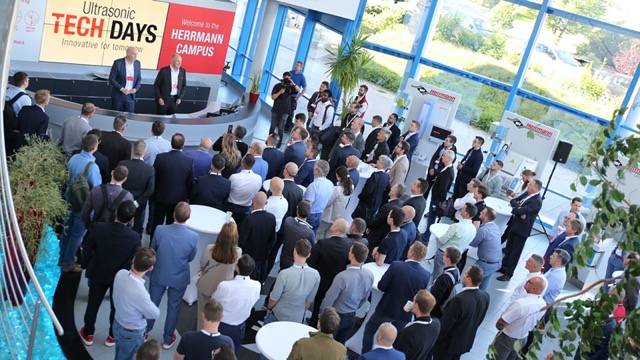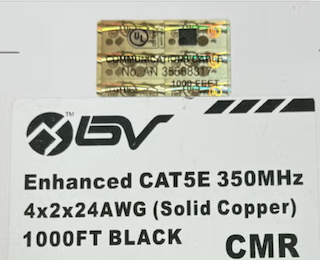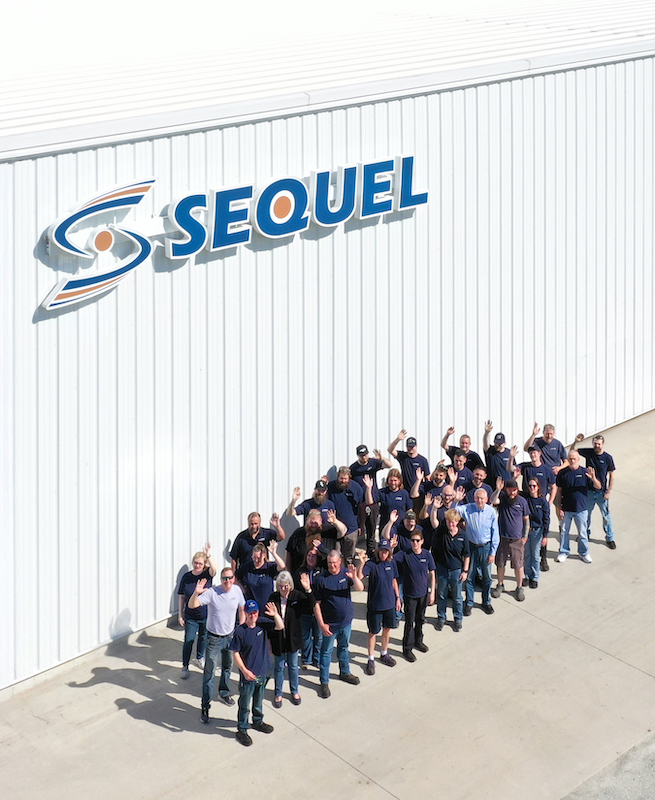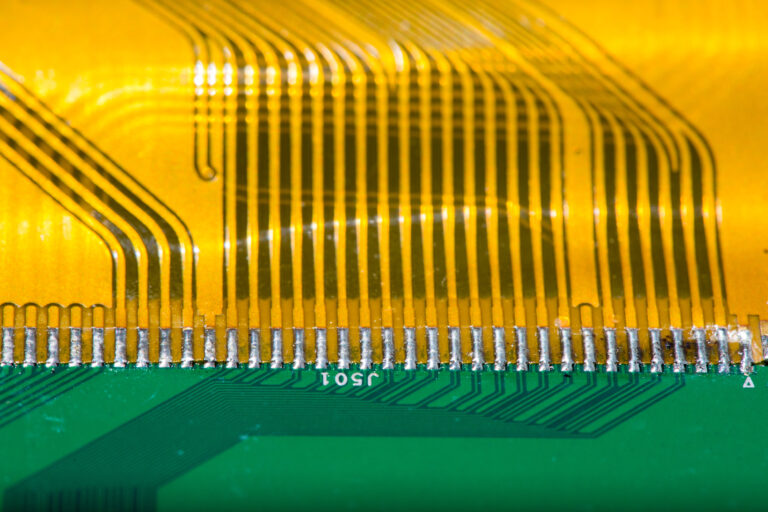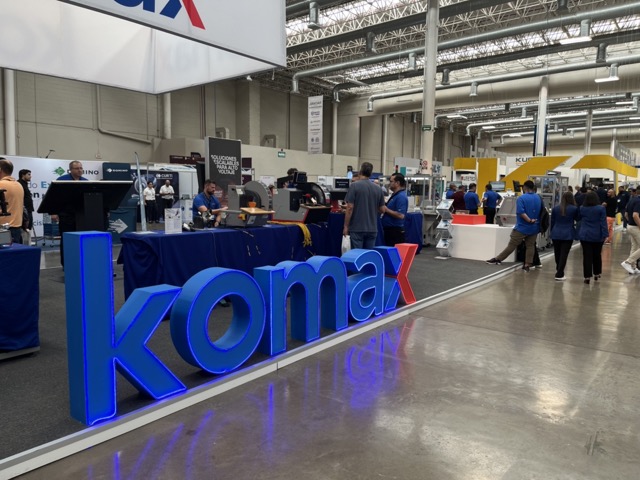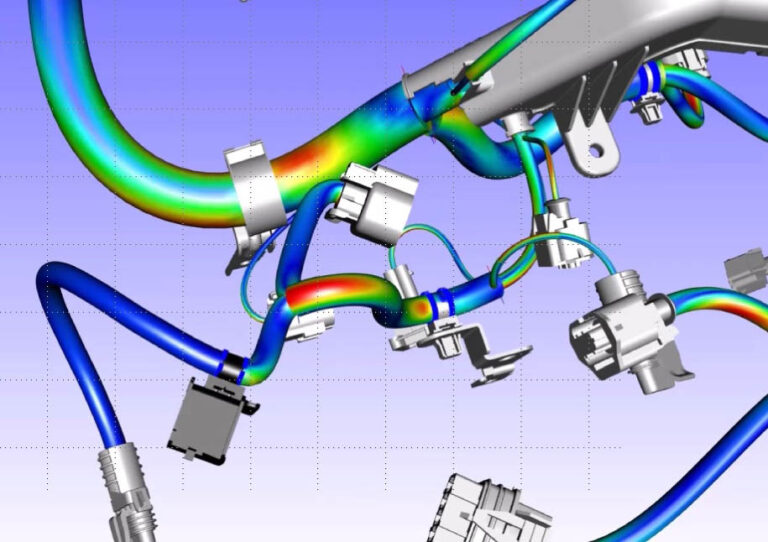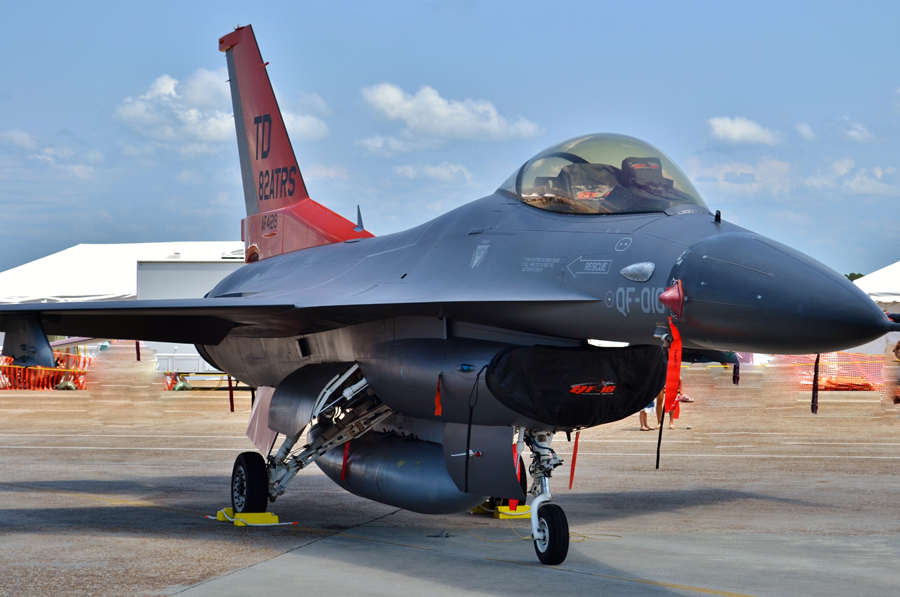Company Profile: Certified Manufacturing, Inc.
I’m always amazed at the niches carved out by the companies we profile on these pages. Often, it’s born out of a hobby or a passion, and other times it’s just happenstance. In the case of Certified Manufacturing, Inc., their niche was perceived well in advance of the company’s inception.
Certified Manufacturing, Inc., (CMI) is located in Holt, Florida, and is owned by Pamela Bechtold. Pamela, President, and her husband Robert, COO and Engineering Manager, run the business along with some key players we will get to later. Pamela, Robert and their daughter Michelle Rasbeck, Director of Administration/Bids & Proposals Lead, recently sat down with me to discuss their history and some of the exciting things that are happening at CMI.
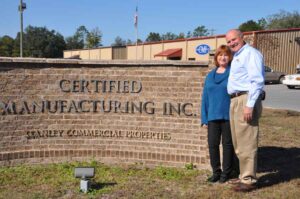
First a little bit about Pamela and Robert. Both worked for many years for a major prime contractor in the military and aerospace realm. In fact, that’s where they met. Pamela gained experience in manufacturing project management and marketing, specifically in the semiconductor and military satellite communications arena. Robert served in senior level management at the same contractor where he was heavily involved in project management of similar complex systems.
Throughout their roles as project managers in the 80’s and 90’s, Robert and Pamela worked diligently to get the best return on the various programs they lead. “I recognized during that time that big business couldn’t do it all; or they could, but it just wasn’t profitable,” Robert recalled. “I could get a much better return for the stakeholder by outsourcing key components to the competitive small business arena.” He recognized that the prime contractor’s expertise was in system engineering and design development/testing; and that small business was much more adept at building LRUs (line replaceable units) like electro-mechanical assemblies, printed circuit cards and wire harnesses.
Around the mid 90s, Pamela and Robert began to feel the tug of entrepreneurship and started searching for opportunities. “As a EE, I realized that the cost of going into an engineering development field was huge, and we didn’t want to solicit additional investors to develop products that were more suited for larger businesses,” Robert outlined. “We recognized there was an opportunity to go into the manufacturing business; so, I said to Pam, ‘you know we could be one of those companies that the big businesses go to for outsourcing.’”
The duo began with a 2000 ft.² rented facility in Crestview Florida in 1998. “One of the first things we did was get a grant from the state of Florida,” Robert mentioned, “and they helped us contract with a company to develop our quality system.” They got started talking to local companies and, pretty soon, they were bringing in steady work. “We thought a $1000 purchase order was wonderful back then, and then it was 10,000, and then we started getting some six-figure programs in here.”
Within the first year, they were maxed out on space. At the time, their largest prime was very pleased with the work they were doing and told them that if they had a bigger facility, they would send CMI more business.
They contacted their local Economic Development Council to help them find a bigger space. Most of the region’s manufacturing development was in the Fort Walton Beach area where the rents were high. So, the EDC steered them to a brand-new industrial park that was being developed in Holt. “They found us a 10,000 ft.² for $2000 a month, and we thought ‘wow what a deal!’” It was a little bit bigger than they actually needed, but it was right off of I-10, and they saw that was a big plus.
By this time, CMI had veered well away from circuit cards and had gained multiple successes building harnesses and electronic assemblies. They sharpened those early skills subcontracting for programs at Point Mugu, the Navy’s center for electronic warfare expertise. The company continued to grow with harnesses and assemblies for complex defense systems.
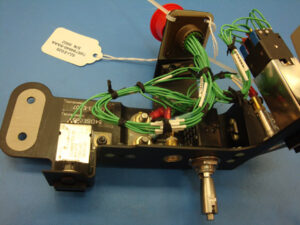
In the early 2000’s they were approached by a large prime to bid on a program to upgrade several existing C-130s from cargo planes to gunships. “We were contracted to provide the cabling and rack systems for the avionics, battle management systems, and some of the aircraft wiring itself,” Robert recalled. With their small proficient engineering staff, they were able to tackle some of the issues with the original drawings for these aircraft. “We were dealing with drawings that were 20 years old on those C-130s. A lot of the details or later changes were missing, and we had to reinvent the wheel.” That was actually the key to success with that program, and it opened the doors for a lot of additional business at CMI.
The company encountered a new and frightening hurdle around this time. Pamela was diagnosed with stage-4 cancer. “There were times when Pam would actually come into work after chemo treatments and lay down in her office, but she was determined that if I was going to work, so was she,” Robert remembered. The couple raised the red flag to their daughter and son-in-law Michelle and Tim Rasbeck, who were happily living and working in the Philadelphia area. The couple relocated to the Florida Panhandle to help out with the business and to be close to mom. They quickly became integral and valued contributors to the company. Thankfully, Pamela is doing fine today. “A lot of our customers know what Pam went through, and with the help of Michelle and Tim and a lot of great employees, we made it,” he insisted. Referring to Michelle and Tim, he added, “They’re still here, so we must be doing something right!”
The C-130 program really solidified their mark in the aircraft modification business. Through this and other modification and integration programs, they eventually began to specialize in this complex niche. CMI developed a proficiency for negotiating the maze of legacy drawings. “Some of the drawings we get from procurement are 20-30 years old and we have to understand and fix those drawings so we can grasp what they really want,” warned Robert. “Many times, those parts are no longer available, so you have to find alternatives, but that’s the life we live with aircraft modifications.”
Despite their great success with their largest customer, Pamela felt there were too many eggs in one basket and began to trumpet the need for diversification. “We started doing what Pam suggested and began targeting another local company who was a major player in aircraft modifications on the training and intelligence side,” Robert explained. They made several attempts but were not successful. But the company was purchased, and a management change ensued. “All of a sudden, we were competitive, so somebody had the ‘good old boy’ network going.” CMI was soon winning excellence awards from the company for zero defects and 100% on-time delivery.
In the meantime, space was again becoming an issue. Around 2007, the industrial park made them an offer they just couldn’t refuse. CMI was leasing the current 10,000 ft.² space, but they were told if they purchased the 7-acre parcelacross the street, they would be let out of the lease. The industrial park was part of a venture between the electric cooperative and government to bring employment to the region, and the company received other incentives to build the facility. Tim acted as general contractor in the development of the property and brought the project in on schedule and below budget. “We built a 32,000 ft.² facility with the attitude that if we built it, they would come,” Robert proclaimed.
Another significant modification program was with the next generation fighter drone. Retired F-16 aircraft were to be converted into QF-16 aerial targets for the purpose of testing newly developed weapons and tactics. “We were on a conference call with those folks once a week helping them with the drawings for the procurement, and we did that for almost a year,” Robert chronicled. That interaction was key to the prime winning the bid, and it fortified CMI’s position as the key supplier for harnesses and assemblies for the program.
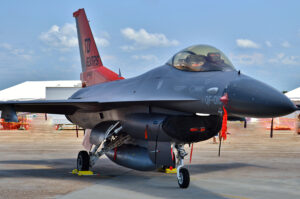
Pamela began to explore another avenue for diversification by seeking to exploit their combined experience with project management. They sought and won another large aircraft modification program, but this time as the prime. It was for an electronic propeller control system (EPCS) upgrade on 30-40 C-130s for the Army and Navy. That involved changing out the wiring and controls for all four engines. “Of course, to do the integration and installation, you have to have a large hanger with fire suppression along with the accredited airframe and power plant mechanics to do the installations,” Robert explained. They contracted with a company in Mississippi who had the accredited manpower and could tear down and rebuild the engines along with the proper weight and balance calculations. “All of a sudden, we’re program managers,” he exclaimed.
Many of these success stories are the result of the prime contractors being CMI’s biggest advocates. They have leveraged their multiple quality and delivery awards to dig deeper into their existing customer base. “You can try to get into other kinds of business, and we’ve been fairly successful, but the next thing you know is you get bombarded with requirements in modification programs, and we’re actually quite comfortable in that niche,” Robert confirmed.
Pamela stressed that the most important thing about their company is the people they have working for them. “We are absolutely nothing without our people. The majority of them have been here 7 to 15 years and have a great track record,” she boasted. The company has an on-site certified trainer to help folks learn everything from reading a drawing, to final assembly and inspection techniques. And she couldn’t say enough about the contributions of Michelle and Tim. “Michelle came from another industry and has grown into a position of contract administration and customer liaison, and the customers just love her. They call and ask for Michelle and she is a world of knowledge—we are just so proud of her. Tim has become a master scheduler and operations manager, and he just walks on water with the production schedules.”
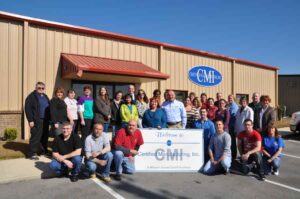
Michelle chimed in with some other strengths of CMI. “One best things about working here is that we have a team approach to everything we do. We all have our positions, but we meet and discuss any new opportunities and different ways to approach bidding where we can save on time and materials. Mom and dad like to call the conference room the ‘solutions room’ because they don’t want to hear about a problem, they just want to explore ways to solve it,” she instructed. The team also wanted to recognize the contributions of another valuable employee, Tracy Pascal, the company’s CFO. Tracy joined the company in 2016 and is responsible for all financial matters on a day-to-day basis, as well as being keenly involved in top-level management decisions.
Today CMI has between 30 – 50 employees, depending on the backlog. They are a 100% woman owned small business certified to AS9100. Manufacturing personnel are all trained to J-STD-001, IPC-610, and IPC/WHMA-A-620, with in-house trainers for all. They are multiple year winners of the Boeing Mentor Protégé program honoring 100% on-time delivery and zero defects. They are now fully certified to the DoD’s new CMMC cyber security requirement (see the Jan/Feb and March/April issues for more info on that). CMI is also proud to have achieved the SILVER certification as a Healthy Okaloosa Worksite.
But their true strength extends well beyond these many accolades and achievements. In concluding remarks, Pamela had this to say:
We are not, and I mean N-O-T in capital letters, a mom-and-pop shop. We have escalated our company because of my husband Bob, our daughter Michelle, son-in-law Tim, along with Tracy, to a world class manufacturer. We are so proud of our people and the integrity that they build into the product. The majority of our people have military backgrounds either directly or through family. We also have a son who was in the Air Force, along with two grandsons who currently serve, so we are very proud flag waivers. We do not take any customer for granted. We love complex work and present ourselves to our customers as their ‘outsource resource’, and they just love that.


